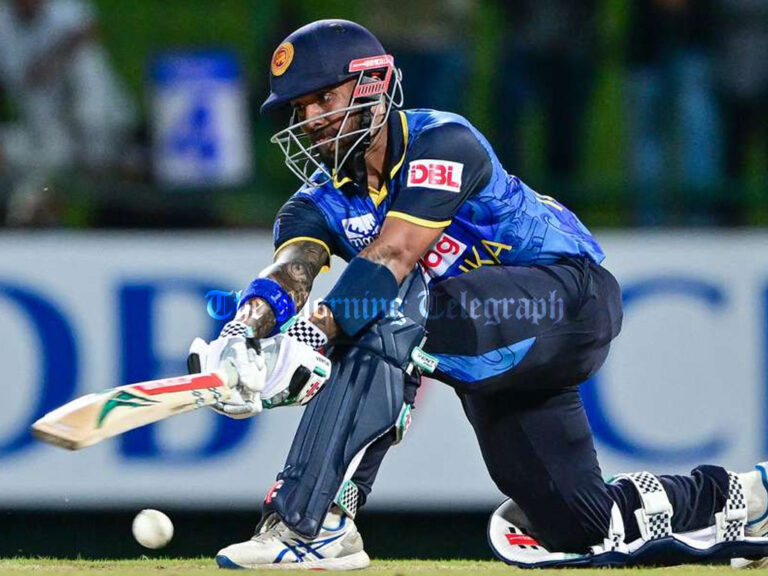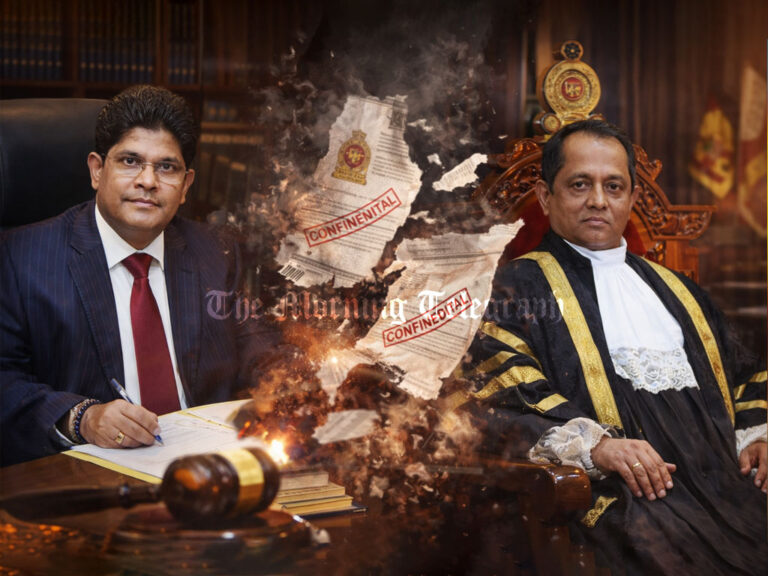
Nimal Lanza’s remarks at the New Democratic Front’s meeting in Negombo were a scathing critique of the JVP’s governance, targeting their performance since assuming office and expressing skepticism about their ability to deliver meaningful results for Sri Lanka. Lanza’s speech sought to capitalize on growing public frustration with the JVP, emphasizing the perceived failures in economic management and policy implementation.
He argued that the JVP had not only failed to deliver on its promises but also demonstrated incompetence in handling basic economic issues, such as controlling the prices of essential goods like rice, eggs, and coconuts. According to Lanza, the government’s efforts to regulate commodity prices had fallen short, with measures like negotiating with mill owners to reduce rice prices proving ineffective. He noted that despite their assurances, the government was unable to lower prices by even a nominal amount, pointing to a lack of practical solutions.
Lanza also criticized the JVP’s handling of economic policy, particularly their approach to the International Monetary Fund (IMF). He suggested that while the JVP had initially criticized Ranil Wickremesinghe’s economic policies, they were now following a similar path by turning to the IMF. This, according to Lanza, demonstrated a lack of originality and consistency in their economic strategy, further undermining their credibility.
He further highlighted the electorate’s dissatisfaction by referencing recent election results, such as the Elpitiya local council election, where the JVP failed to secure the anticipated level of support. Lanza pointed out that typically, a party that wins a presidential election would see a boost in subsequent local elections, but the JVP’s performance instead showed a decrease in support. This, he argued, was a clear indication that public confidence in the JVP was waning rapidly.
Lanza’s remarks suggested that the political landscape was shifting in favor of the opposition, with Ranil Wickremesinghe poised to play a significant role in the future. He framed the upcoming election as an opportunity for the New Democratic Front to capitalize on the JVP’s shortcomings and gain momentum. By securing around 40 to 45 parliamentary seats, the opposition could strengthen its position, potentially setting the stage for a leadership transition by March if the JVP continued to struggle.
Ranil Wickremesinghe’s re-emergence was portrayed as a rallying point for those disillusioned with the current government. Lanza underscored that Wickremesinghe had not retired from politics but was instead actively leading efforts to regain public trust and steer the country back toward stability. He implied that if the JVP failed to address the nation’s pressing issues effectively, the people might demand Wickremesinghe’s return to power, given his experience and established track record.
Overall, the speech served as both a critique of the JVP’s governance and a call to action for the opposition, with a clear message that the current administration’s perceived failures were creating an opening for a potential political comeback by Ranil Wickremesinghe. The rhetoric sought to unite the opposition under a banner of restoring competent leadership and providing a viable alternative to the JVP-led government.




